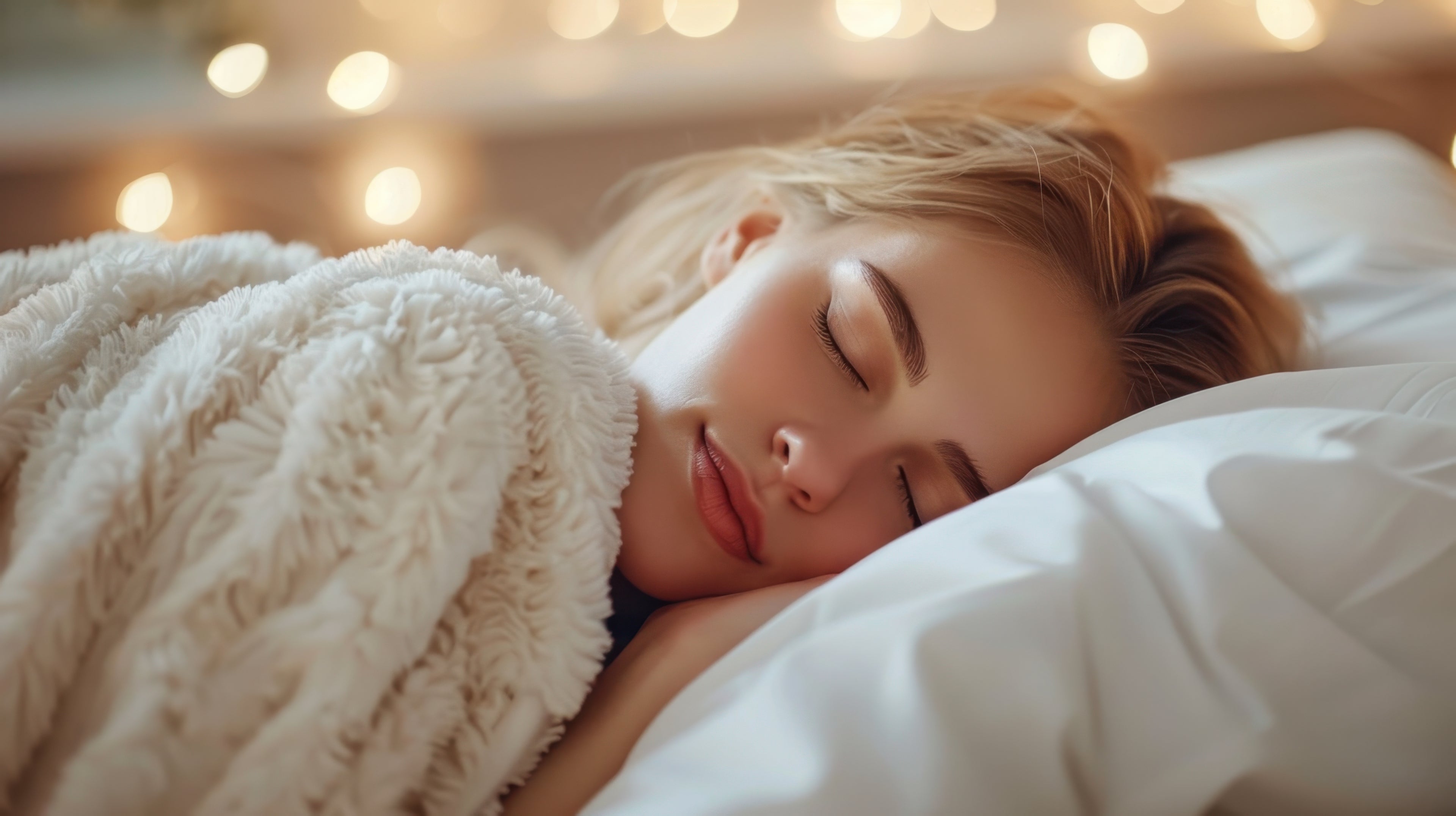
How can I get a good night's sleep?
Counting sheep not getting you to sleep? Whether the problem's getting to sleep in the first place, or staying asleep long enough to feel refreshed the next day, many people have difficulty sleeping so you're not alone.
For some people it is possible to find the root of the problem. For others, there seems to be no apparent reason for their sleeplessness.
Some common causes of disrupted sleep include:
- Too much alcohol, tobacco or caffeine.
- Depression, anxiety, or stress.
- Withdrawing from certain medications.
- Traumatic life events, such as a bereavement or redundancy.
- Having jet lag or doing shift work.
- Being unwell, including being in pain.
- Snoring that interferes with your breathing (sleep apnoea), or a partner snoring.
Tips for sleeping well
- Try to keep to a regular routine at bedtime. Go to bed at the same time each night and get up at the same time the next day, even on weekends.
- Try to relax before going to bed. Write down any stresses of the day and then try not to think about them. Have a warm bath, and perhaps try listening to a relaxation tape. Don't read or watch TV in bed as it can stimulate you and make you less relaxed.
- Get regular exercise, even if it is only gentle exercise. Remember you should finish your exercise routine a few hours before going to bed. It can take time for your body to cool down after a workout, and cool body temperature is essential for good sleep.
- Avoid eating a heavy meal close to bedtime as it's hard to sleep well on a full stomach. Ideally finish eating around 2-3 hours before bedtime so that you feel comfortable. Avoid spicy foods to keep heartburn at bay, and don't drink too many fluids in the evening so that you don't need to go to the toilet during the night. (But remember to drink plenty during the day to avoid dehydration. Ideally, you need to drink 6-8 glasses of water a day.)
- Try eating a banana before you go to bed - bananas contain an amino acid called tryptophan which is thought to convert into a calming and sleep-inducing chemical in the brain called serotonin.
- If you wake up in the night don't lie in bed awake, tossing and turning. Get up and do something to distract yourself such as reading, until you feel sleepy again. Then try going back to bed.
- Make sure the room you sleep in is cool, dark, quiet and comfortable. Your mattress and pillows might need changing if the ones you have are old and are beyond their best. You might want to try a black-out blind, a fan during the summer, and ear plugs if you're being disturbed by noise.
- Avoid caffeine (tea, coffee, chocolate), alcohol, and nicotine, especially in the evenings. All of these are stimulants which can keep you awake. Try camomile tea instead of your usual tea or coffee - it is a traditional sleep-inducing remedy.
- Talk to your GP. They will be able to give you advice, and may suggest a medication that will help you. Keep a sleep diary so that you can tell them exactly what the problem is, and how long it has been going on for. You may be able to see a pattern of sleeplessness that could help you work out the cause. If you are not sleeping due to a condition such as depression, prescribed drugs such as antidepressants or counselling may be needed.
- For further guidance and tips on how to sleep faster and better, click here.
Bamboo bedding is the great solution for a restful night's sleep, offering cooling comfort with hypoallergenic properties, and an overall luxurious experience. Investing in high-quality bamboo sheets, duvet covers, and pillowcases will significantly improve your sleep quality.
For the best bamboo bedding options, check out our full collection today and discover how bamboo bedding can revolutionise your sleep.
Reviewed by: Dr Mariam Ali
Dr. Mariam is a fully qualified NHS General Practitioner with over a decade of experience in primary care. She specialises in preventative medicine, women’s health, and chronic condition management. Dr. Mariam is passionate about patient education and champions sleep health, lifestyle medicine, and evidence-based treatments to help people make informed decisions about their wellbeing.
Last updated: 11/04/2025
Next review due: 31/01/2026




